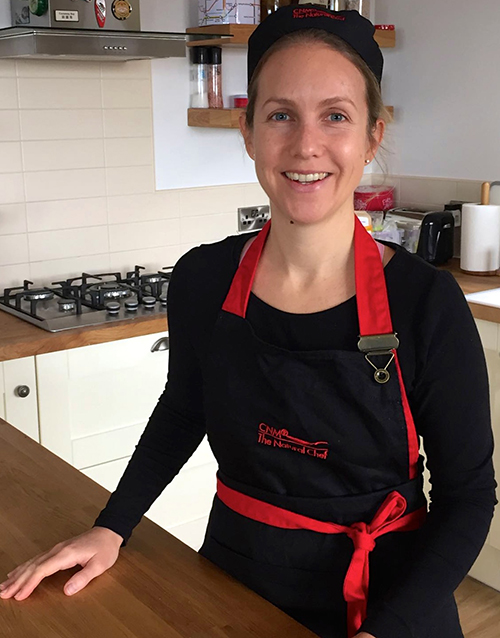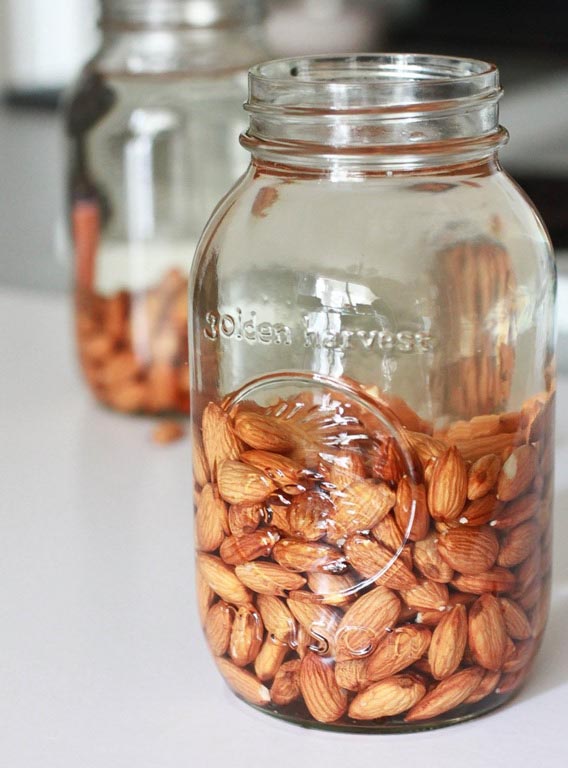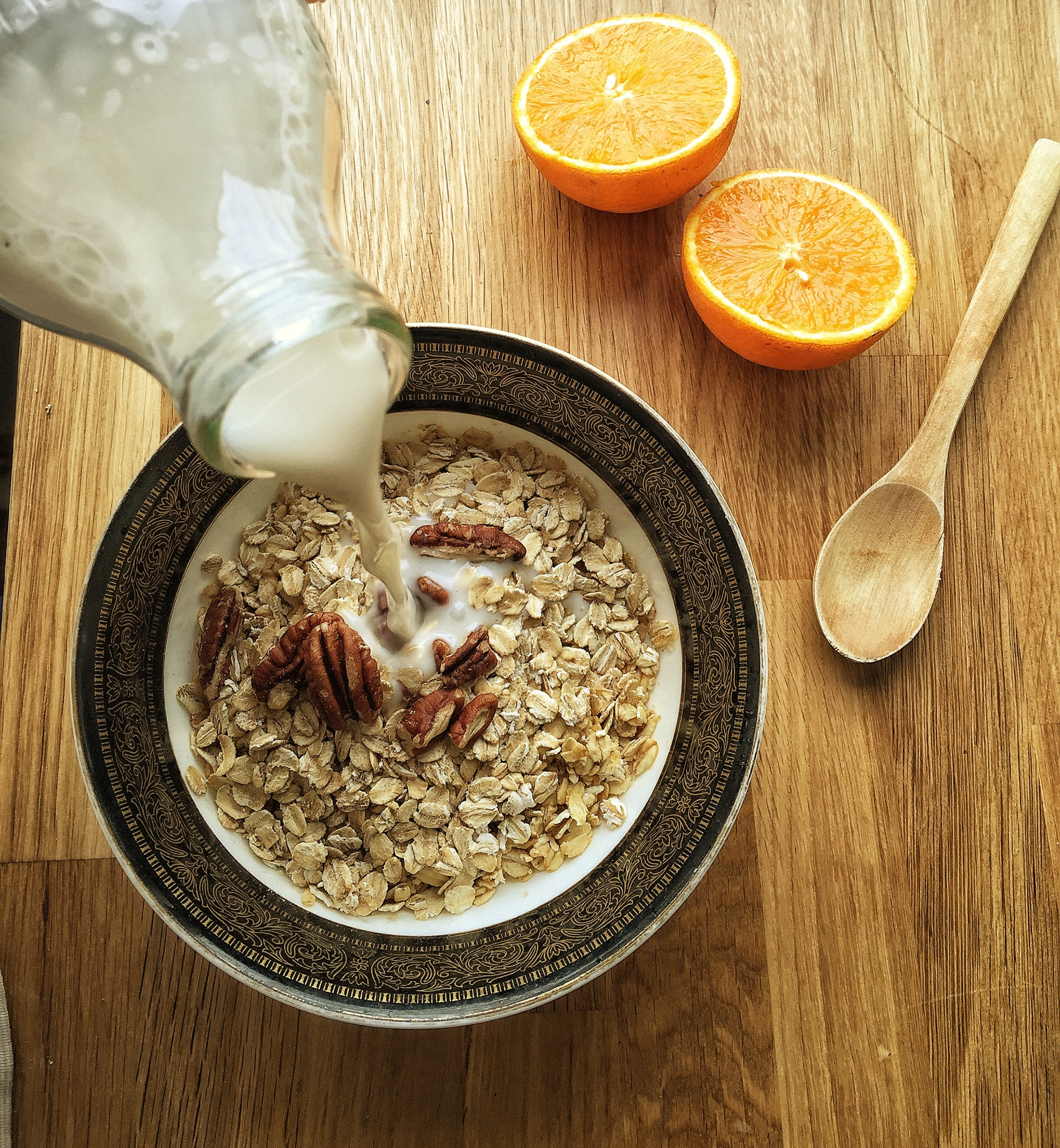Cruelty Free Beauty
- 4 signs you have low iron levels
- Zero Waste Beauty: Adopt a green routine with these sustainable products
- This eco-friendly beauty box is packed with refillable multi-taskers
- “I find myself using it even when I don’t need to!”
- Arctic-inspired natural skincare brand launches in the UK
- Green People launches beauty balm packaged in 100% biodegradable pot
- Lush launches same-day delivery service for its iconic handmade cosmetics
- “This cruelty-free tanning water gave me the confidence boost I needed”
- rho launches sustainable loungewear that gives back
- Rose & Caramel Raises Awareness For Women’s Self-Esteem & Mental Health With ‘I TAN FOR ME’ Campaign
- Couple launches entirely plant-based and refillable deodorant on Kickstarter
- View all
Eco Living
- Simple Hacks to Cut Your Food Waste with Gino D’Acampo
- Five Easy Ways to Reduce Food Waste
- Eat these foods to boost your mood
- Upgrade Your Cheese Toastie
- Have a healthy Christmas with these festive food swaps
- Omega-3 Health Benefits
- 5 minutes with Max La Manna
- A nutritionist’s guide to eating for healthy joints
- Easy ways to achieve your health goals
- Discover the benefits of raisins on a vegetarian diet
- Improve your gut health with California Raisins
- View all
Vegan Recipes
- Quorn Vegan Hot & Spicy Burger with Pink Slaw
- Tomato and Pumpkin Soup
- Pea and elderflower cocktail
- Matcha Coconut Ice Cream
- Vegan Lemon Bars
- Mango Salad with Thai Dressing
- Garden Gimlet
- Tofu & Green Beans Teriyaki
- Cornflakes Bombay
- Rainbow Pickle
- Soba noodles with kale and collards
- View all
Popular recipes
- Spinach and ricotta quiche vegetarian recipe
- Cheats mushroom and spinach lasagne vegetarian recipe
- Lentil bolognese vegetarian recipe
- Creamy mushroom stroganoff vegetarian recipe
- Malaysian Rendang curry vegetarian recipe
- Feta, Butternut Squash, Caramelised Onion and Cashew Nut Wellingtons
News
- M&S Launches Three New Plant Kitchen Products
- Eco shop launches curated box of sustainable beauty buys
- Pure Heavenly launches vegan chocolate bars and advent calendars
- Lush launches same-day delivery service for its iconic handmade cosmetics
- Rose & Caramel Raises Awareness For Women’s Self-Esteem & Mental Health With ‘I TAN FOR ME’ Campaign
- NAILKIND Launches Natural Nail Colour Collection
- New vegan meal delivery offers sustainable street-food inspired dishes
- Arctic-inspired natural skincare brand launches in the UK
- TROPIC BECOMES THE FIRST BRAND IN EUROPE TO RECEIVE A PROTECT LAND + SEA CERTIFICATION
- Plamil launches plastic-free chocolates that are perfect for sharing
- Couple launches entirely plant-based and refillable deodorant on Kickstarter
- View all
Why You Should Prepare Your Nuts and Seeds
Make the most of nuts and seeds and their optimum nutritional benefits by activating them. Confused? CNM natural chef Cheryl Thomson explains...

If you have ever attempted a raw vegan dessert or other healthy baking treats, you will most likely have come across the instruction to soak the nuts and seeds prior to using them in the recipe. This can seem like a bit of a hassle, especially when you want to make the dessert now, not in eight to 12 hours time. I was often tempted to forego the soaking time, but I’ve learnt there is good reason not to. Throughout the CNM Natural Chef course at the College of Naturopathic Medicine, emphasis is placed on the importance of proper preparation of our food, and how essential some of the traditional processes such as soaking and sprouting are to ensure optimal digestion.

Nuts and seeds are extremely nutrient-dense and provide good sources of protein, complex carbohydrates, fibre and essential fats, as well as a wide range of vitamins and minerals.
Hazelnuts and almonds are particularly good sources of the antioxidant vitamin E, which acts as a nerve protector and immune enhancing antioxidant. Nuts do have a high fat content, and as a consequence a high calorie content. However, they are made up primarily of monounsaturated as well as some polyunsaturated fatty acids, both of which are essential fats required for good health.
Get maximum nutritional benefit
In order to benefit from the nutrition that nuts provide it is important for us to know how to prepare them properly. This is because plants contain their own protective mechanisms, which include numerous enzyme inhibitors as well as toxic substances such as phytic acid, which binds with the minerals calcium, magnesium, iron and zinc, thereby blocking their absorption. In nature these mechanisms would keep the plant safe until conditions are right for germination. Unfortunately, in a human being they place a huge amount of strain on the digestive system unless suitably prepared.
How to soak nuts

The best way to eat nuts and seeds is soaked and (if appropriate) sprouted. After soaking they can also be dried in a warm oven or dehydrated and eaten raw, or gently roasted. The process of soaking in salted filtered water overnight activates enzymes that neutralise the inhibitors, making the nuts easier to digest and their nutrients to become more available. An internet search on the topic will reveal various tables with soaking times for each particular type of nut or seed. However, a general rule of thumb is to soak all hard nuts and seeds overnight, while nuts like cashews require no more than about 6 hours of soaking time. Place the nuts or seeds in a glass bowl or jar and cover well with filtered water. For each cup of nuts or seeds add a teaspoon of sea salt. Soak them overnight and in the morning drain and rinse very well. The nuts and seeds are then ready to be used in any number of ways.

Make your own nut milk
Try making your own nut or seed milks, which are super-nutritious and a great alternative to dairy-based milks. One cup of almonds (soaked overnight in salted water and then well drained as above), blended with three to four cups of filtered water (depending on how thick you like the milk), and a pinch of Himalayan salt, then strained through a nut milk bag, will make a delicious creamy milk perfect for making porridge, smoothies, or in your favourite hot drink.
CNM Natural Chef Students learn how food can promote and support health, how to prepare delicious gourmet meals that focus on nutritional value, and how to build a successful culinary career.

CNM is the College of Naturopathic Medicine, training students in a wide range of natural therapies naturopathy-uk.com
More from Vegetarian blog

Join in the Big Wild Walk to help raise vital funds for nature

Here are 10 healthy mushroom recipes everyone will love, from mushroom and leek pie, to creamy mushroom soup and a Chinese mushroom recipe

Guy Singh-Watson, founder of Riverford, shares his top tips for making the most of autumn's seasonal heroes

We've rounded up the best leek recipes, including leek soup, leek side dishes, leek pasta, leek risotto and leek and mushroom pie

The new collection supports victims of domestic violence and ensures a fair working environment for its own artisans




